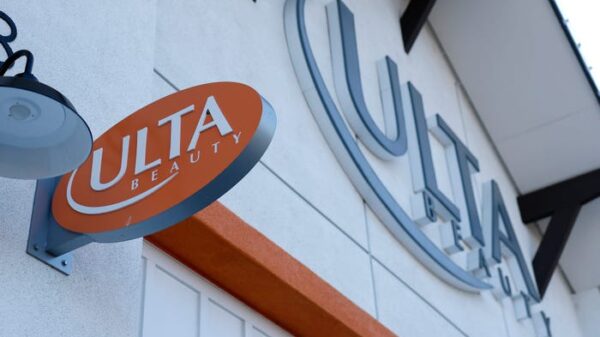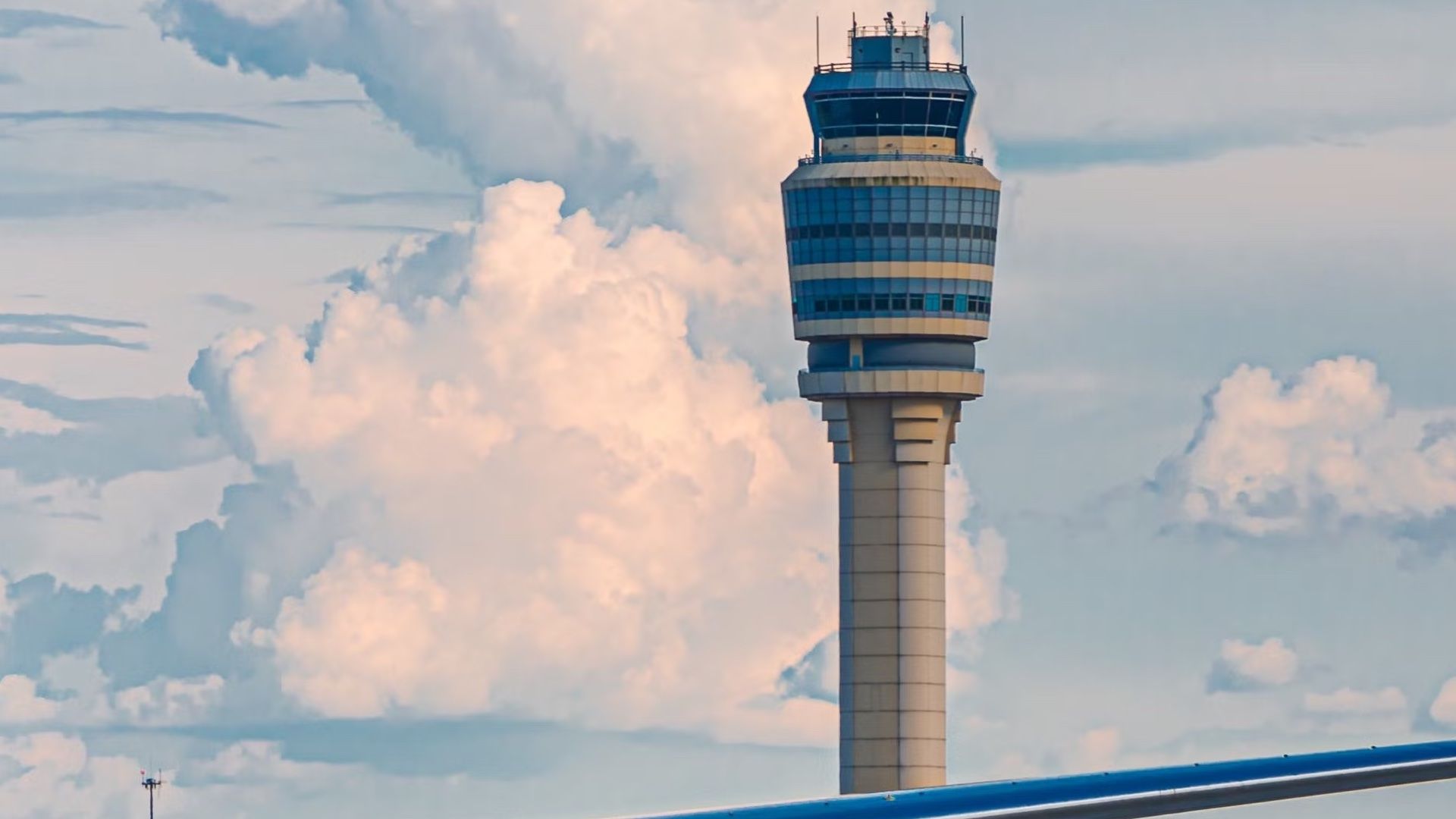Hartsfield-Jackson Atlanta International Airport (ATL) has solidified its position as the busiest airport in the United States for 2025. Known for its extensive network and connectivity, ATL continues to serve as a central hub for air travel, particularly for the legacy carrier Delta Air Lines. The airport has maintained its dominance in passenger traffic, welcoming approximately 108.1 million travelers in 2024, a figure that underscores its crucial role in global aviation.
The Significance of Hartsfield-Jackson Airport
Located around 10 miles south of downtown Atlanta, Hartsfield-Jackson is the primary airport for the Atlanta metropolitan area. Named after former mayors William B. Hartsfield and Maynard Jackson, the airport has been at the forefront of passenger traffic since 1998, with the exception of the pandemic year of 2020. The facility is not only the world’s busiest in terms of passenger numbers but also leads in aircraft movements, thereby reinforcing its strategic importance for Delta Air Lines.
Delta’s operations at ATL serve as the backbone of its global network. The airport functions as the airline’s headquarters and the main base for its Technical Operations Center. With over 200 destinations worldwide, it stands as the largest single-airline hub globally, presenting unparalleled connectivity for travelers. Additional airlines such as Frontier Airlines, Southwest Airlines, and Spirit Airlines also operate from ATL, expanding the airport’s international reach.
A Historical Perspective
Hartsfield-Jackson’s history can be traced back to 1924, when it began operations at a former racetrack. Early services were managed by Eastern Air Lines and later by Delta Air Lines, which transformed ATL into a bustling hub by the end of the 1930s. The airport underwent significant development through the years, including a landmark $21 million terminal opening in 1961 and the completion of its current complex in 1980. The International Terminal, added in 2012, further enhanced its capacity to accommodate increased air traffic.
The airport’s efficient design features five parallel runways, with the longest able to accommodate the Airbus A380. This extensive infrastructure, combined with the airport’s strategic scheduling, enables it to handle large volumes of air traffic effectively.
Current Operations and Competitive Landscape
Today, Delta Air Lines commands a staggering 73.7% of passenger traffic at ATL, with its regional subsidiary Endeavor Air contributing an additional 4.3%. This dominance significantly amplifies Delta’s operational efficiency, allowing for over 1,000 daily flights. While Southwest Airlines is the second-largest player at the airport with a market share of approximately 7.1%, other carriers like American Airlines and United Airlines have limited operations, primarily focusing on routes to their major hubs.
The airport has seen a surge in low-cost carriers since 2015, providing passengers with more affordable travel options. International airlines, including Virgin Atlantic, Turkish Airlines, and Qatar Airways, have also expanded their presence, adding a variety of global destinations.
The Metropolitan Atlanta Rapid Transit Authority (MARTA) facilitates easy access to ATL, providing efficient transport options for travelers. With a range of hotels nearby, passengers have ample accommodations available in case of unexpected delays.
Delta Air Lines and the Future of Atlanta
Hartsfield-Jackson remains a pivotal hub for Delta Air Lines, crucial for connecting passengers traveling to destinations in Europe and South America. The airline’s SkyMiles loyalty program is fundamentally linked to operations in Atlanta, further solidifying the airport’s importance within Delta’s network.
The airport’s capacity for flexibility allows Delta to adjust its operations based on seasonal demand, ensuring that long-haul flights to international destinations are efficiently filled. As a result, Atlanta serves as the linchpin for Delta’s extensive global operations.
In conclusion, Hartsfield-Jackson Atlanta International Airport’s status as the world’s busiest airport is a testament to Delta Air Lines’ significant impact on its growth and operational capacity. The airport not only strengthens Delta’s network but also plays a vital role in the broader landscape of global aviation.







































































